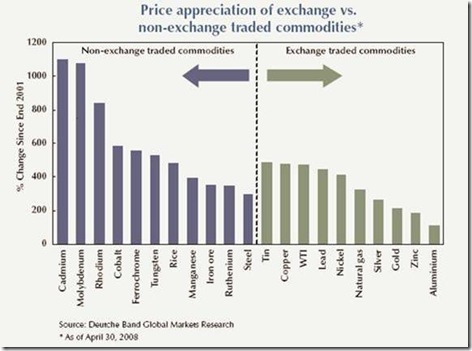Campaigning For America
Published under Democracy and Freedom (or lack of), Europe, Global, Leadership, Middle East, United States Jun 22, 2008– As we gear towards the general election, a word of caution for US Presidential candidates about an important constituency that will not vote for them –
According to conventional wisdom, Presidential candidates can take campaign stances that will curry favor with particular constituencies of voters, only to be forgiven for adjusting campaign positions once they face the realities of the highest office.
The truth is that a campaign defines how the electorate will see their President – and this all the more true when shaping the President’s image in the eyes of the largest constituency that will actually not vote for them: the international community.
While domestically the President may be able to somewhat reshape his/her image through defining moments and actions, this is far less feasible internationally.
Only Americans vote for their President, but foreigners care almost as much – and sometimes more – about who will lead the most powerful nation in the world.
International impressions about a candidate are forged quite early, and they are far harder to change. Longer distances yield local media coverage that tends to be more one-dimensional and absolute, less nuanced, and more sporadic. Foreign coverage will also tend to be defined more narrowly from the prism of a particular nation’s foreign affairs agenda, as opposed to a plethora of domestic issues.
President Bush caused particular suspicion abroad during his 2000 campaign mocking Al Gore, and then again John Kerry in 2004, for their ‘multilateralism.’ He made it a pillar of his campaign to emphasize he would only pursue narrowly-defined American interests. He rejected the Kyoto protocols not only on their substance but on what they implied – that American policy would be harmonized with – or subservient to – global agendas for climate control.
Perhaps this stance helped him win over nativist constituencies. And he had little to fear about alienating foreigners who by definition could not vote. But global karma caught up with him and has as much to do with his Administration’s ultimate ineffectiveness as any other factor.
Foreign Heads of State in rare uniform fashion viewed him apprehensively, and large swaths of people reviled him across the globe. They could not vote him out. But they could vote with their policies and their currencies. Not only did Bush struggle to build his coalition in Iraq, but the ‘America’ brand was tarnished, American goods disfavored, and the dollar weakened.
America’s perceived weakness today is directly connected to displeasure with Bush’s unilateralist policies, whose perceptions were cemented during his campaign pronouncements even more than through his Administration’s work.
Even when Bush did positive international work, his image (and that of his Administration) had been unalterably shaped. He funded the fight against AIDS and pressed against poverty through far greater foreign aid than his predecessors. But he got no credit for it. Once international personas are shaped, it is close to impossible to alter them.
The same is true with foreign leaders from other nations – Putin vs. Gorbachev, Chirac vs. Sarkozy, Sharon vs. Peres – they are a brand unto themselves and will be hard-pressed to change it abroad no matter what different policies they may enact.
Starting with this general election, future candidates for the US presidency will hopefully bear in mind that the world is watching, and their statements will not be forgotten after the dust settles.
Both Obama and McCain seem to be more in tune to the foreign-policy-shaping impact of their campaign statements than President Bush was. Their visions for foreign policy could not be in greater contrast. McCain projects unwavering strength against militant absolutism and nihilism. Obama urges soft power and diplomatic engagement in tandem with military might. Neither perspective can be dismissed as unfounded or demagogic. Not even history will help us judge such a poignant question to such complex and dire circumstances.
But both will do well to remember that their campaign pronouncements will shape their international personas and will thus have almost as much impact on their ability to advance American (and possibly global) interests as the policies they enact thereafter if elected.
















